The rapture of Deep Space enables us to view the world from a different perspective. New dimensions of our universe are revealed and fall far outside the circuit of anyone’s imagination. We gawp as every decision shrinks to the inconsequential when viewed in comparison with the mightiness of existence. And as our hubris hollows out, we are compelled to reflect: How do I fit into all of this?
A remarkable picture of an ‘adorned fathomless dark creation’ 55 million light years away changed our perceptions of the universe once more, or at the very least, expanded them. Traced by trapped light warping around its gravitational pull, a team of 200 scientists were able to capture an image of a black hole for the first time.
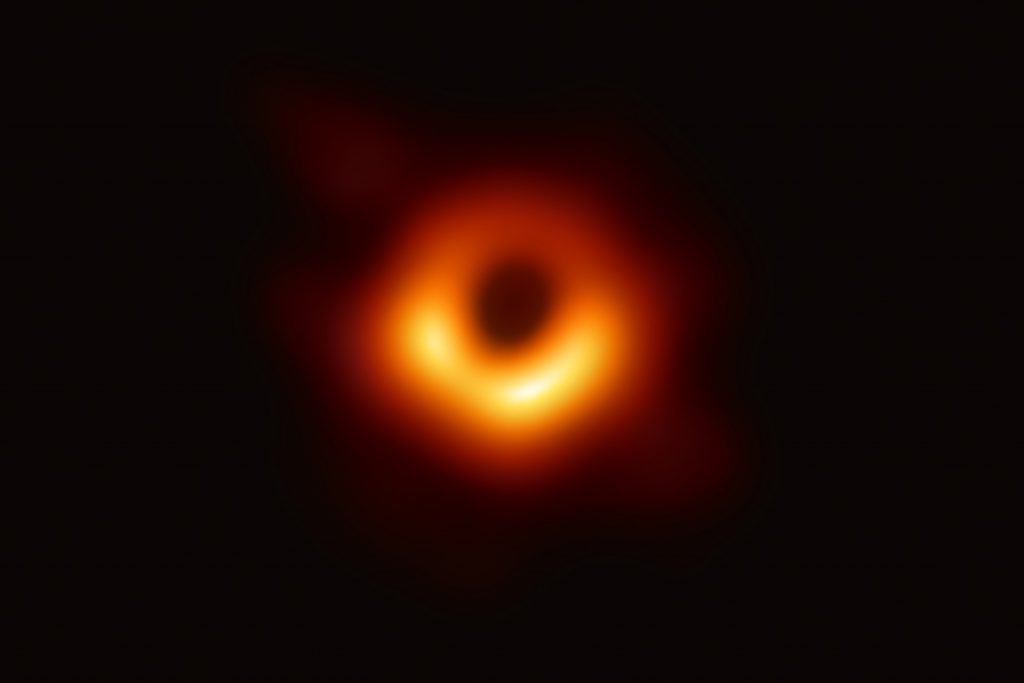
Though no new discoveries have been made, it has verified the existence of black holes. The photo was the sort of hard evidence needed. This graduation into reality from theory is a celebration of the scientific method.
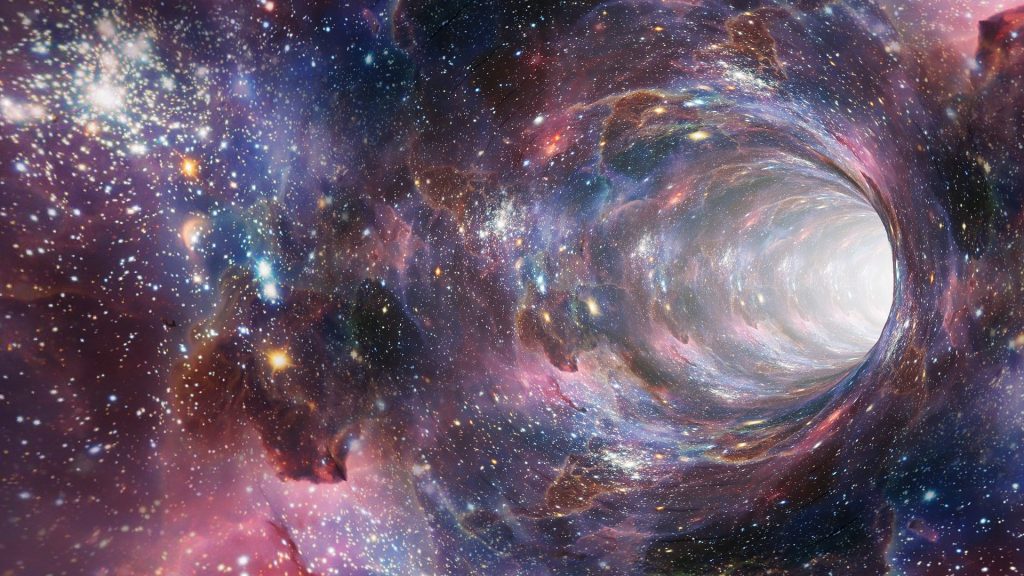
Black holes are the embodiment of the limits of our scientific knowledge. Our universe is freckled with amorphous dense bodies that collapse space—time and with it, the collective human understanding of the physical world. This blurry photo brings into clear resolution the fact that complete and perfect knowledge lies at an asymptote. Our scientific endeavours will always strive towards it, but never the twain shall meet. Maybe black holes are forever to be remained an enigma. Maybe in the future we’ll be able to domesticate its energy to fuel hyperspace engines. And when we stretch our horizons further, we might observe other aggregates of matter threatening our towers of knowledge, forcing us to rebuild brick-by-brick. It might just be black holes all the way down.
As products of the creation of the universe, we will never be able to free ourselves from the role of a curious observer, always looking out from the inside. We will never be able to pull the curtain back completely.
But does the fact that we will never be able to completely understand the universe mean that our studies are futile? Of course not. It was our ancestors’ curiosity that took them out of caves and drove their evolutionary story from “splitting stone to splitting uranium atoms” as Yuval Noah Harari put it. Intellectual curiosity is vital for fuelling global progress. It is necessary for survival. But the materialist belief, that complete and perfect knowledge is a tangible product of time and effort, has tied us down to be the curious observer.
Is this how I fit into all of this? Always a step behind, chipping away at the marble of insoluble problems to occupy a vacuum of uncomfortable unknowns?

Staring down a black hole has unfurled the realisation that not everything material can be understood. Though we should continue to strive for knowledge, it is clear that true knowledge—and with it, our role—lies elsewhere.
Simply put, just because we do not, and may never fully understand black holes, does not render their study obsolete. We continue to strive to know them better, to comprehend their nature, even though we will never be able to dive in and experience them first-hand. The same is the case with God. Like a black hole, our knowledge of Him can only ever be limited, and can only be investigated in a particular way. We must harness our powers of discovery, curiosity, and scientific endeavour to seek our Creator better.
But how best to do this? The Holy Quran says:
“Eyes cannot reach Him but He reaches the eyes. And He is the Incomprehensible, the All-Aware.” (Quran 6:104)
The search for God does not rest on upon the physical capacities of our eyes simply because He is Lateef (the “Most Subtle, Incomprehensible”). Empiricism is the tool that understands the whole through the sum of its parts – chiselling marble into smaller, more knowable nuggets of information. But how can you chisel away at the One Most Refined? When you get to bedrock of existence, you can’t go much further.
Black holes, like the search for God, teach us that we are limited beings in a universe of extraordinary wonder. But like Katie Bouman, the woman behind the first black hole image, if we harness our powers of science and spirituality, the results can be magnificent.
“In short, unless God Almighty affirms His existence through His Word, as He has manifested it through His work, the observation of the work alone does not afford complete satisfaction …Understanding is limited solely to the observation of the work of God. It is a great mistake to imagine that God is like a corpse interred in the earth whose recovery is the business of man.” Hazrat Mirza Ghulam Ahmad – The Philosophy of the Teachings of Islam




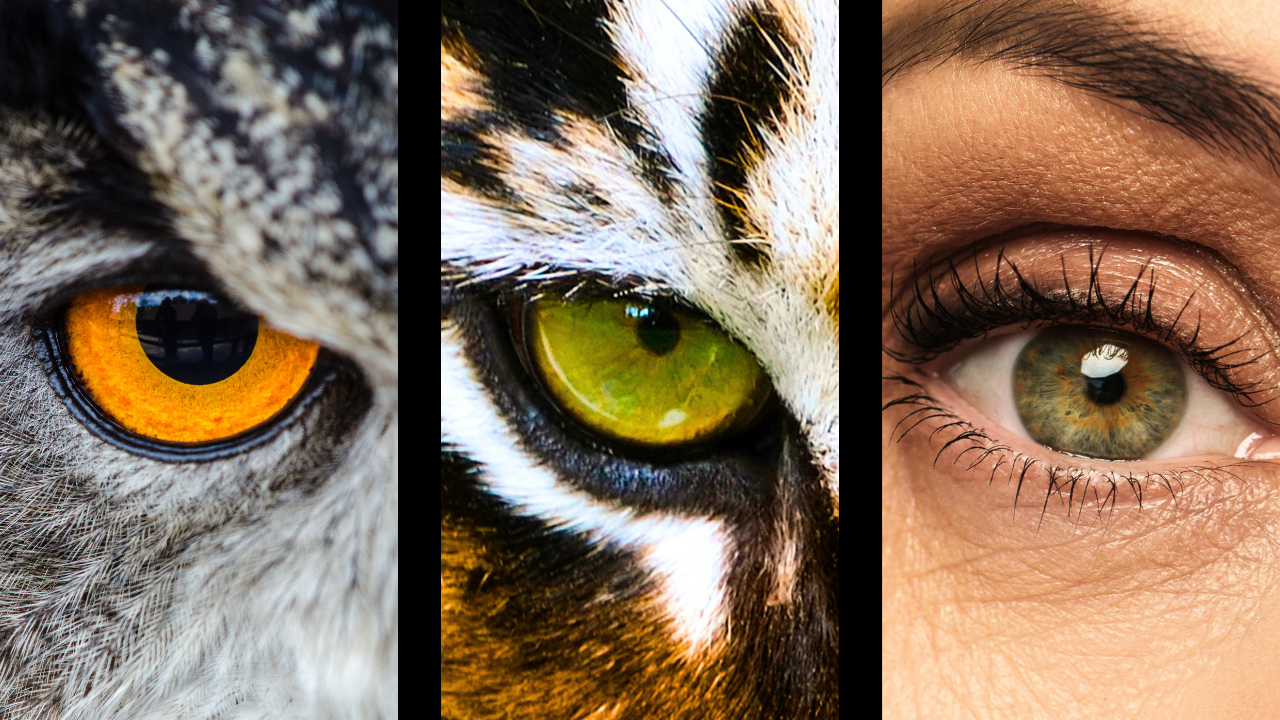
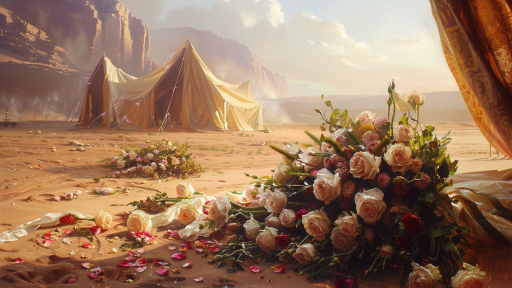
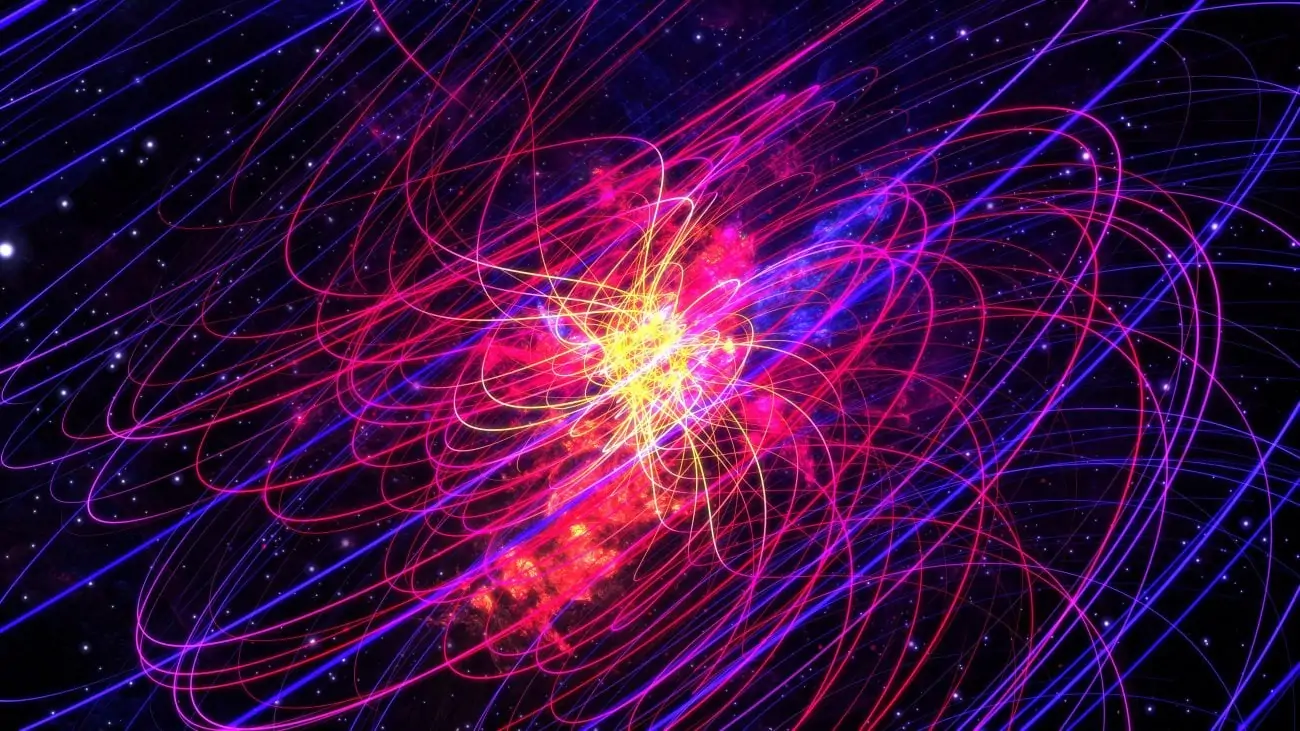


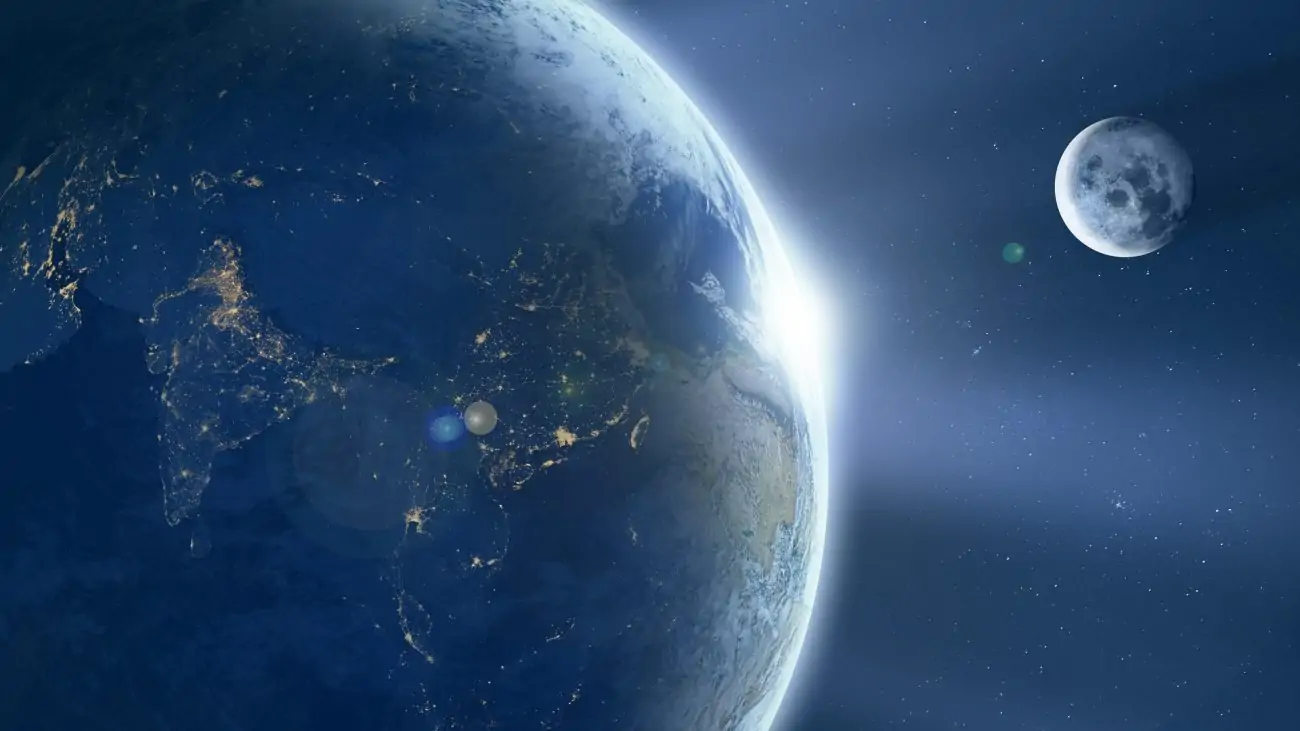
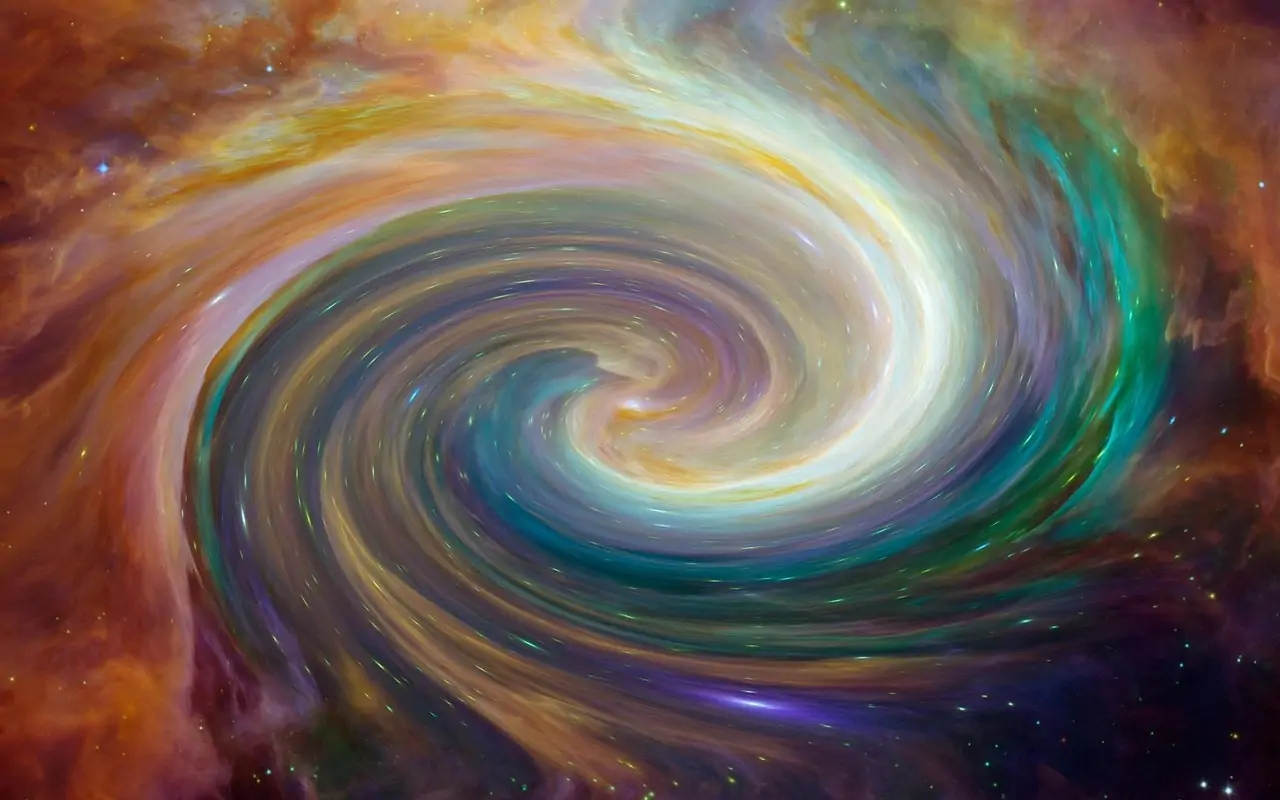
5
Fascinating and profound. Opened my eyes to the magnificence of the creator. Well done Hamaad Khan.
4.5
As we are told in the Qur’an, the more knowledge we gain, the more we will appreciate our Creator!